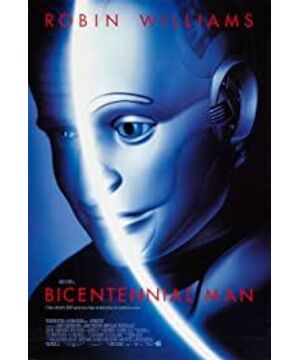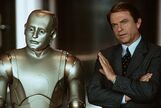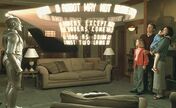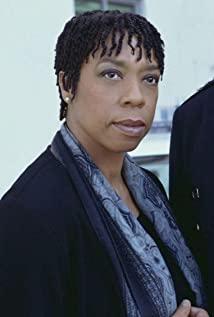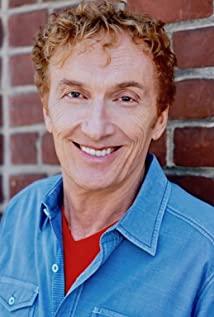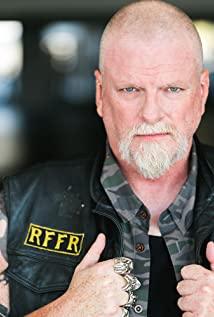Labor is the essential difference between humans and animals. So, what is the essence of human beings when robots can also create value through labor?
Are robots man-made? So, do humans with artificial organs also have a part of "artificial"? Are robots that spontaneously produce human emotions, like genetically "mutated" robots, only partially "artificial"?
Can robots live forever? So, can the implantation of the corresponding program solve this problem?
It seems a dangerous question to explore the difference between robots and humans, they are only regarded by human society as machines and should not have the slightest chance of threatening the human race. But why might they threaten humans? If humans don't have feelings of jealousy, revenge, etc., how can robots learn it? What we fear is our own inferiority.
"The sum of all social relations" - Marx defines the essence of human beings. Andrew took the initiative to chat with Portia after Little Miss passed away, which is not exactly the same as his initial search for the robot kind (although they are all ways of coping with loneliness). The latter is seeking identification, the former is building social relationships, and from that moment on, human nature seems to have taken shape.
Can one person reject all social relationships? Thinking about the wolf child, it is indeed quite far from "people". Think of hermits, they seem to live in isolation, but all life skills and attitudes are inseparable from previous interpersonal relationships. yourself now."
One of the big scenes in the movie is Portia asking Andrew to make a mistake. In addition to all rational calculations, you can indulge yourself to make mistakes and have a whimsical dream. Maybe this is the answer given by this movie.
Many people understand many truths, but they still have a bad life.
View more about Bicentennial Man reviews


